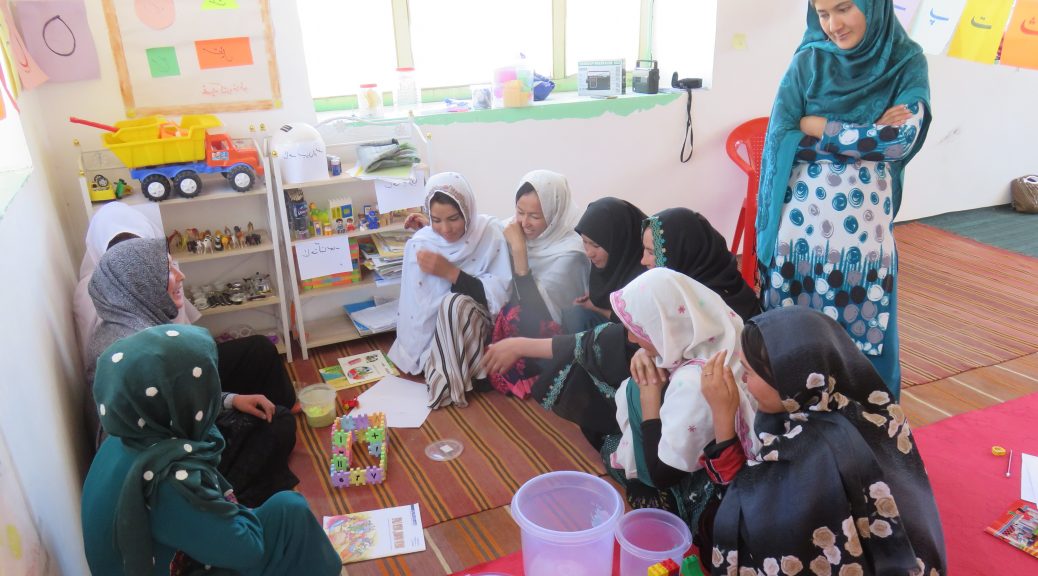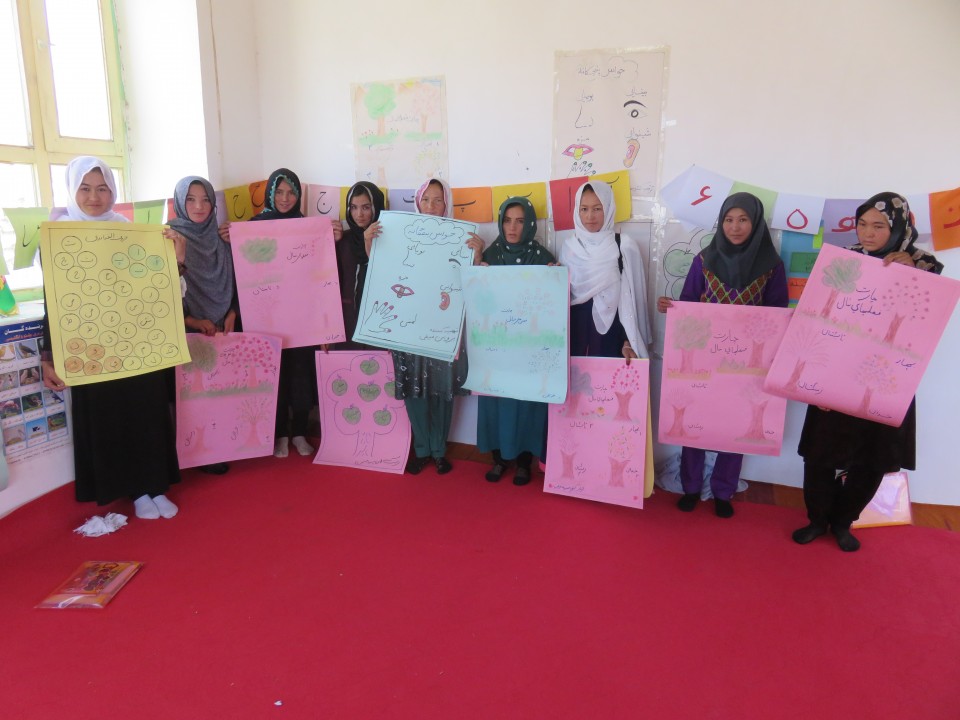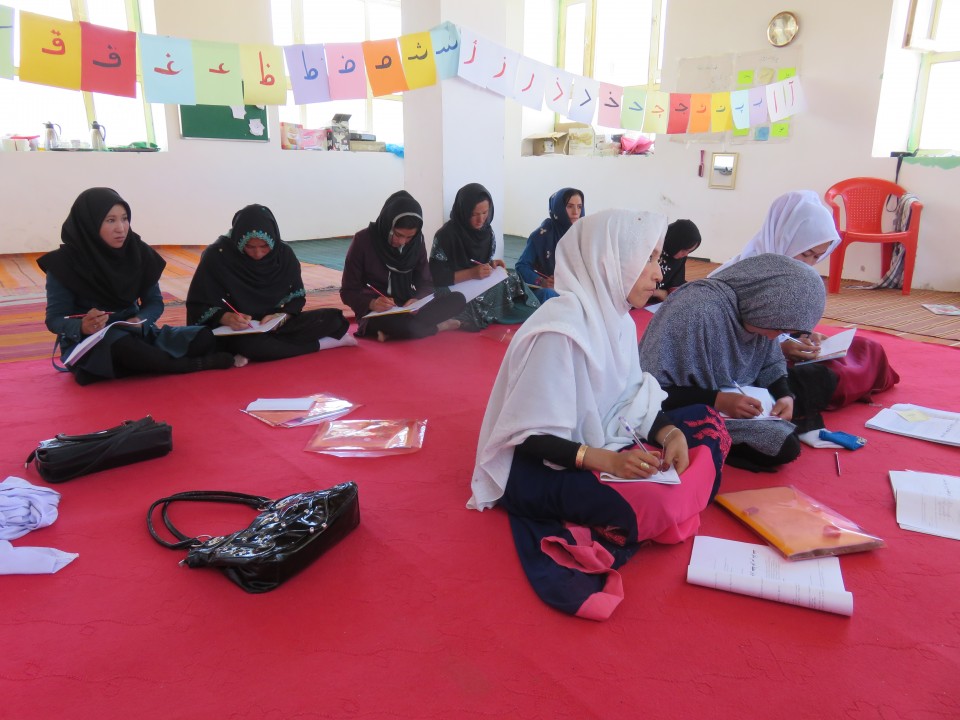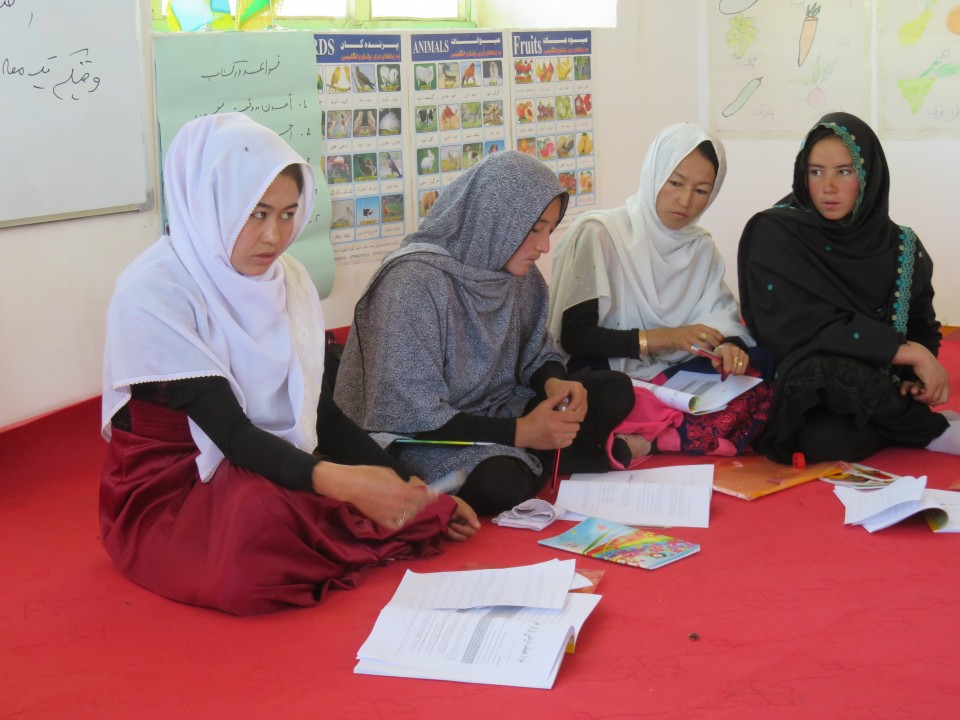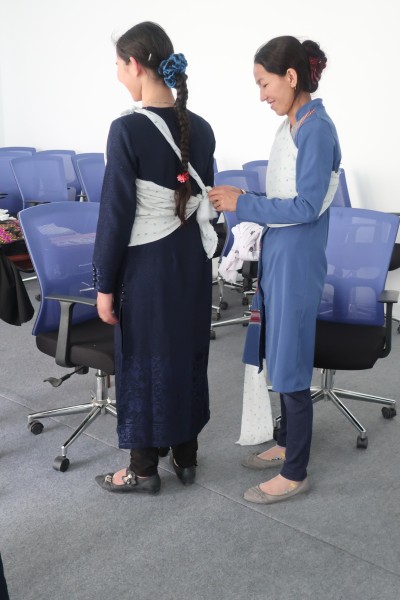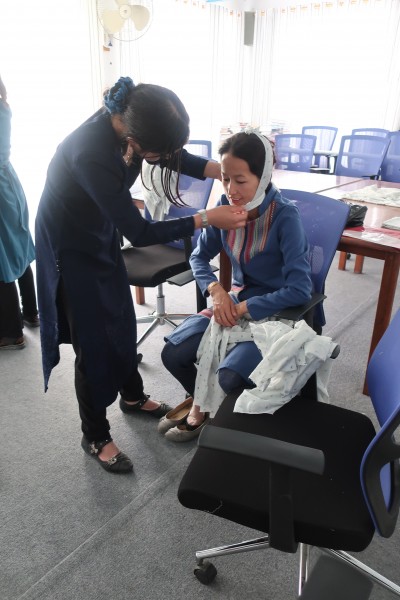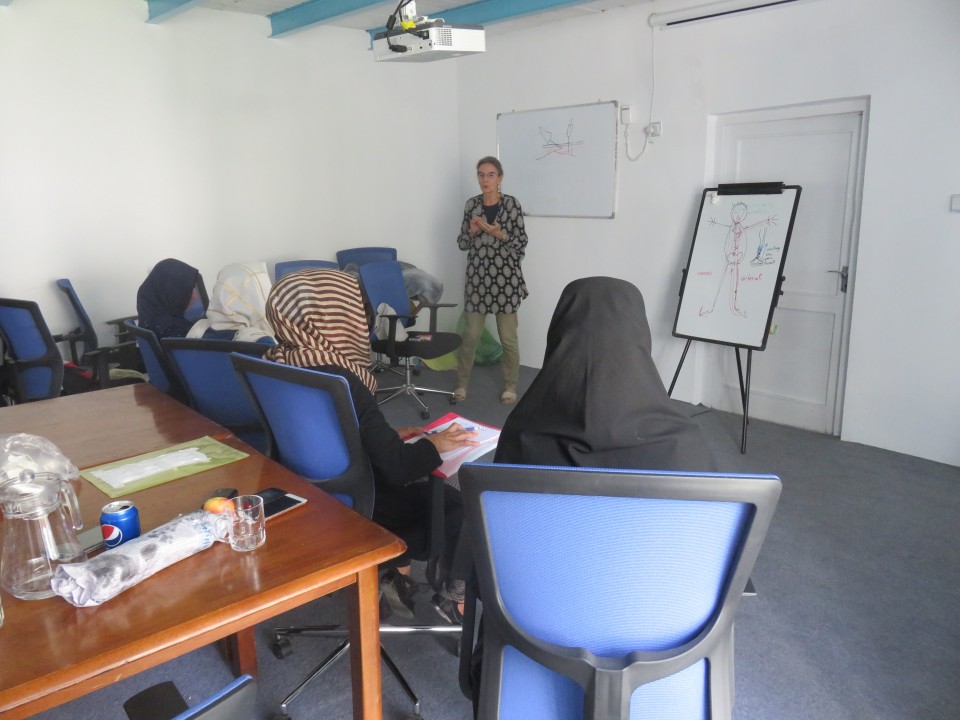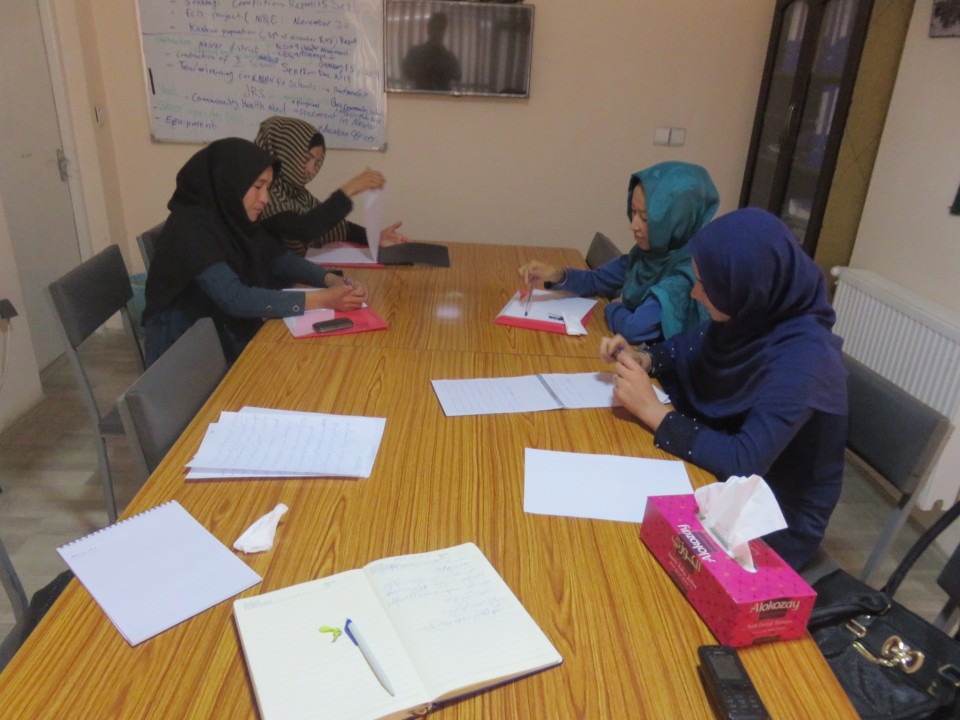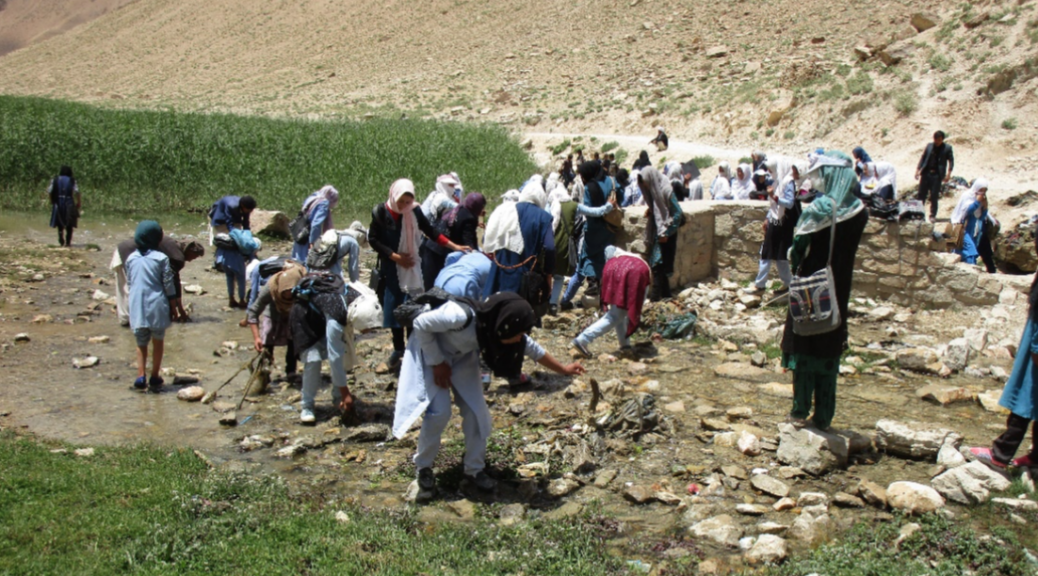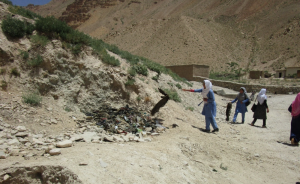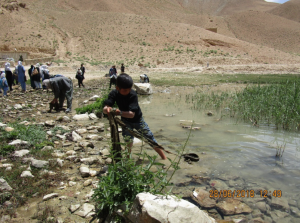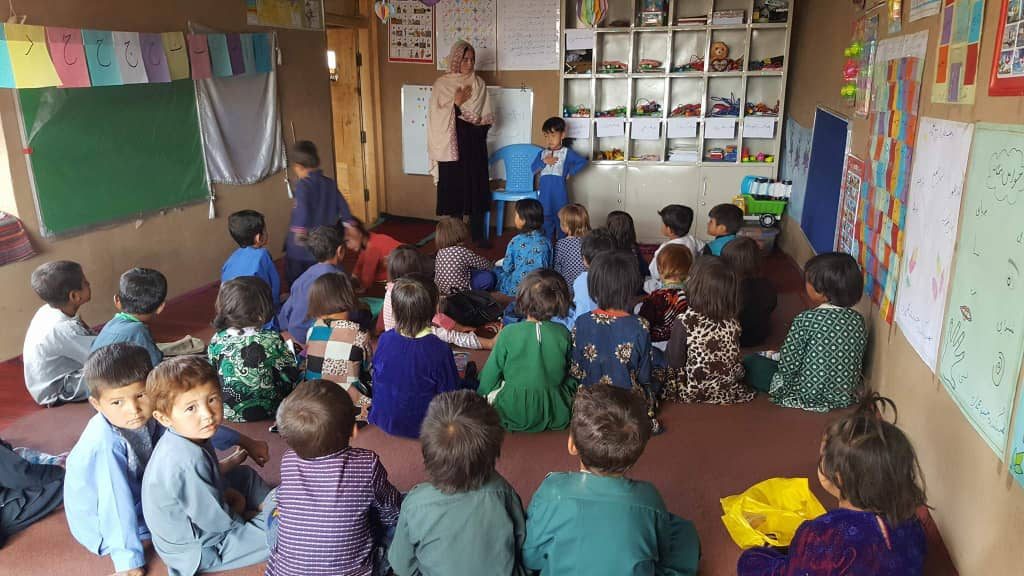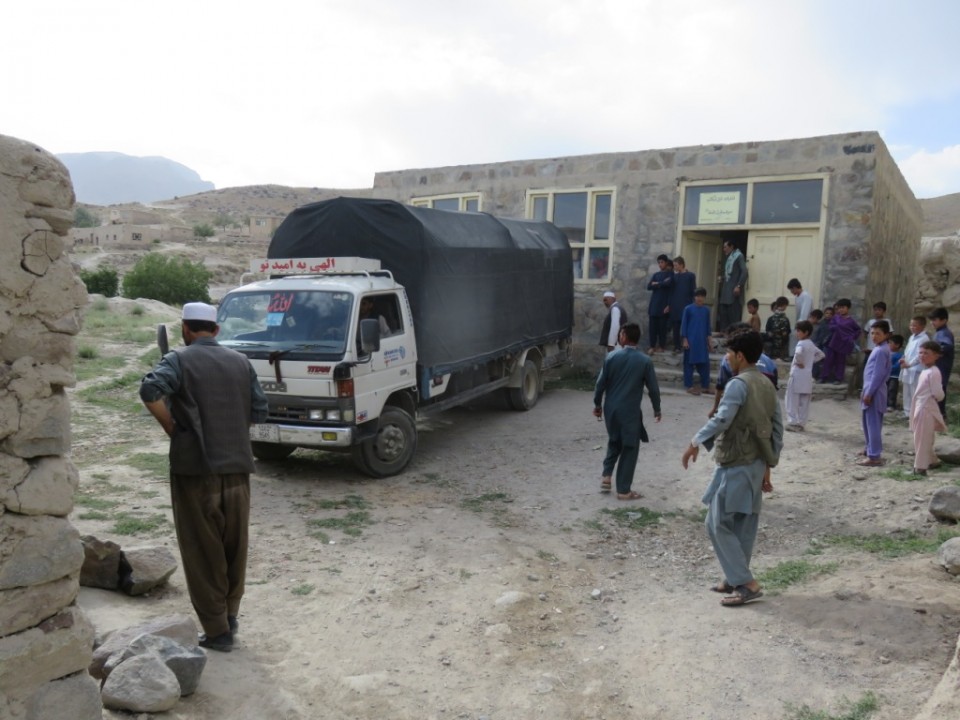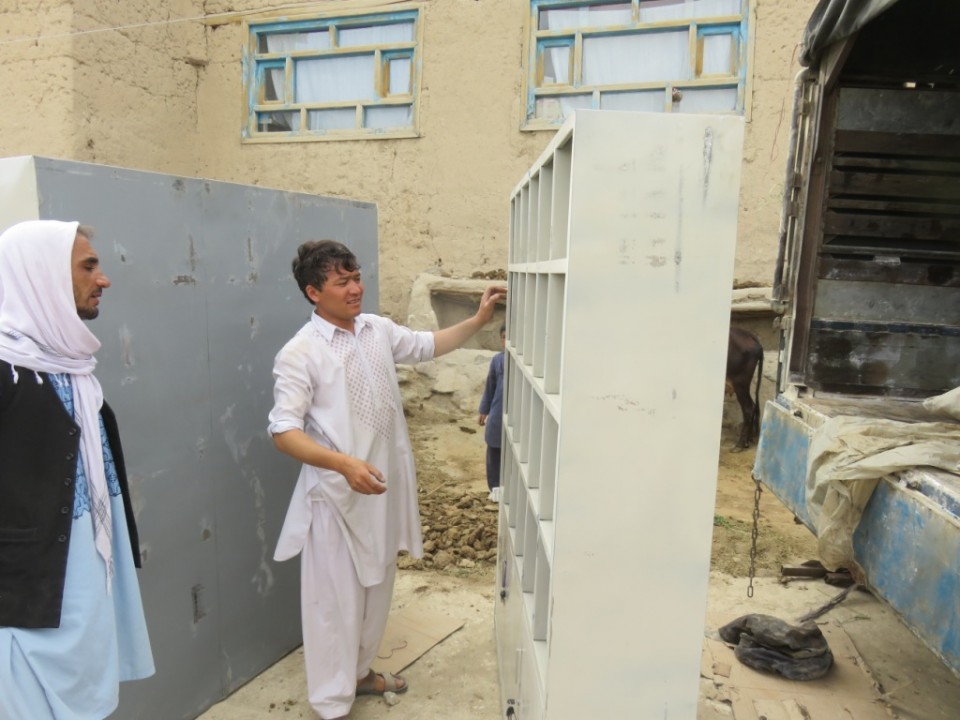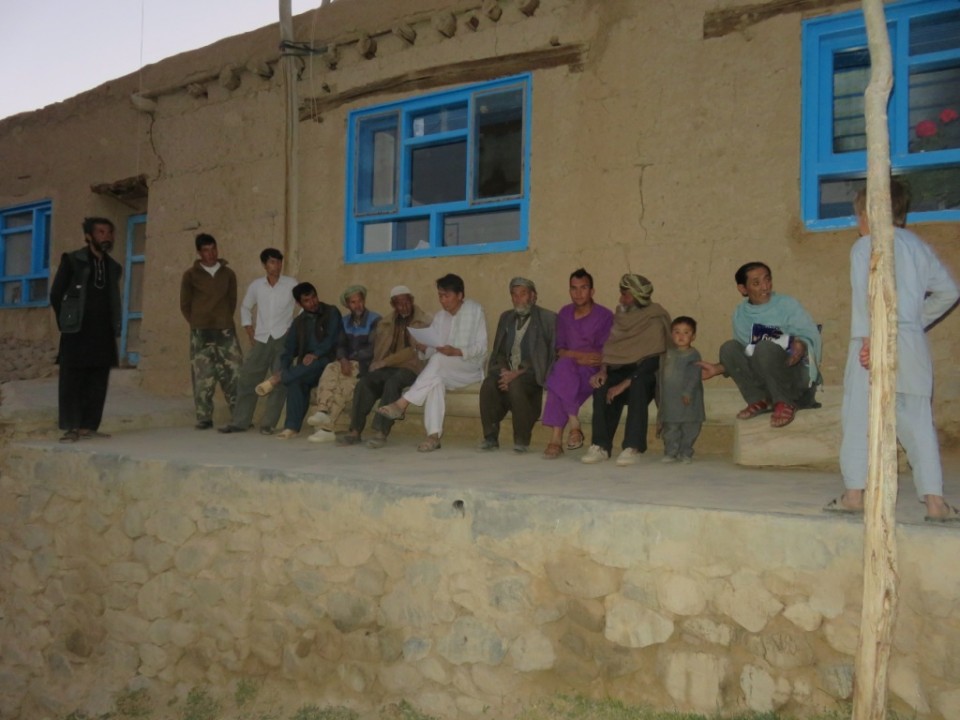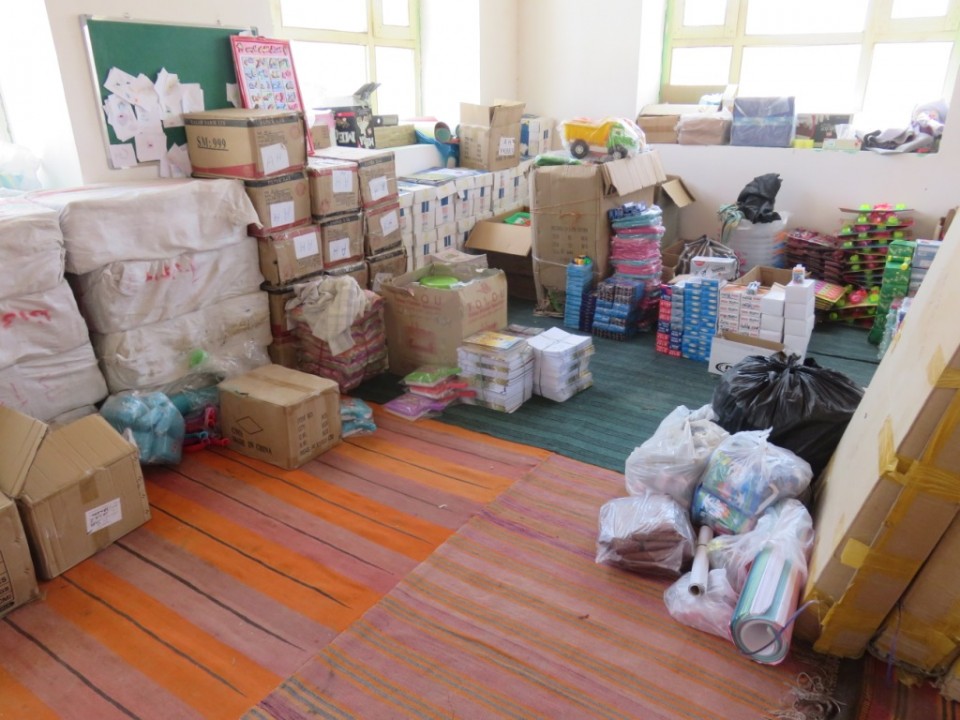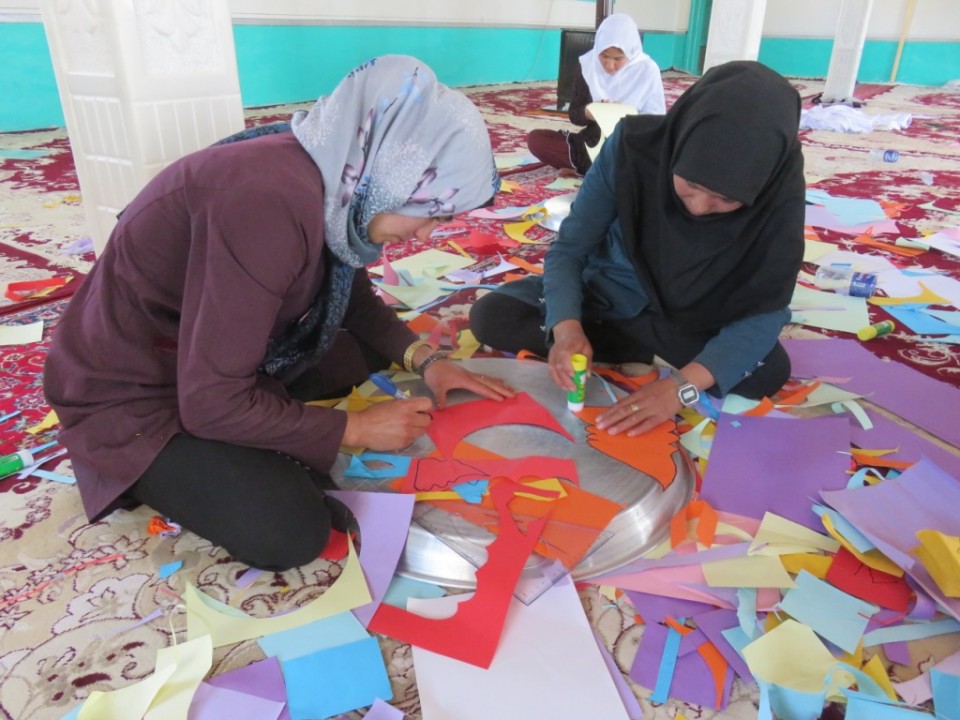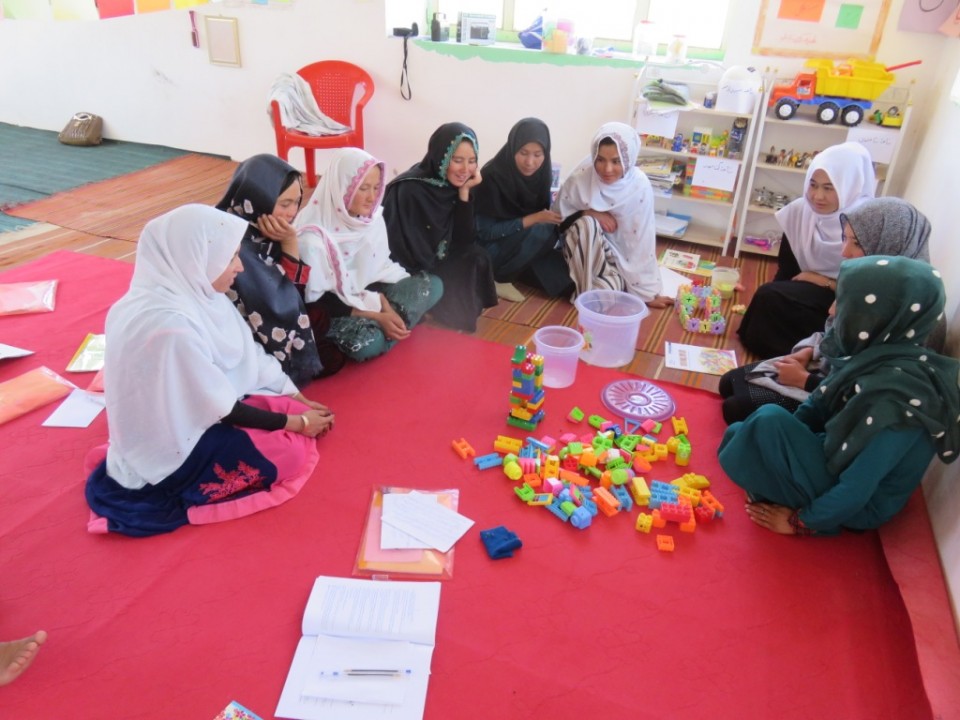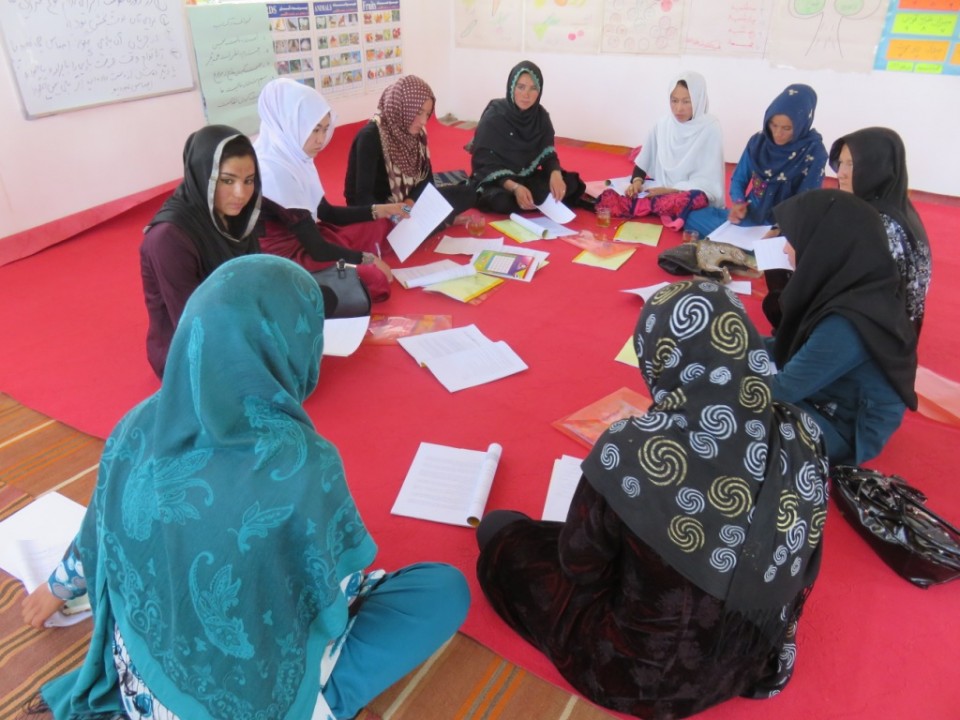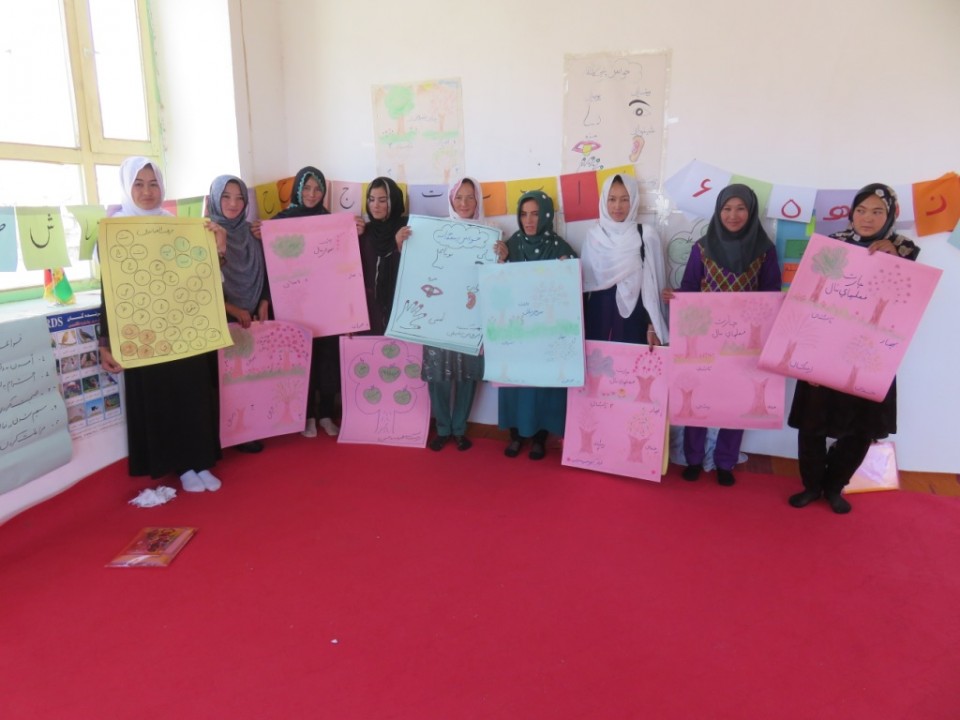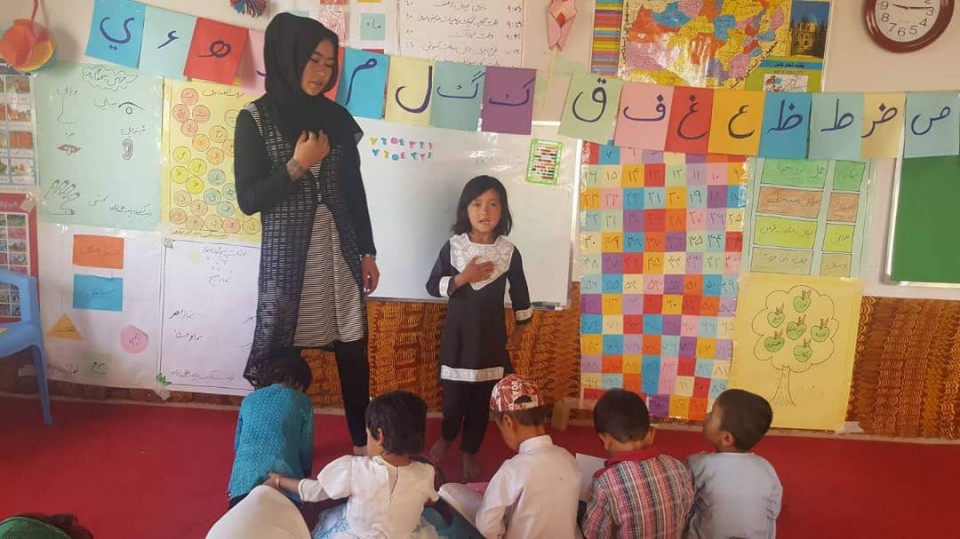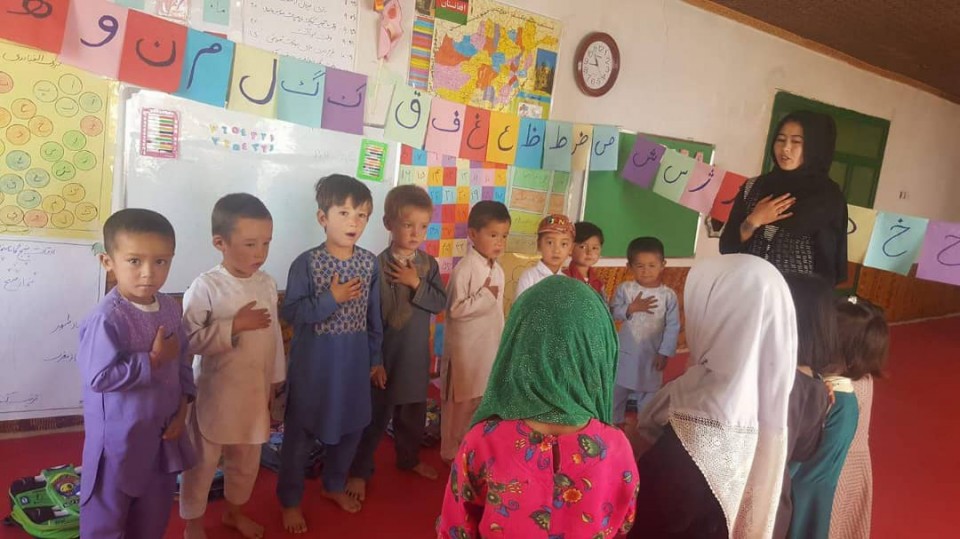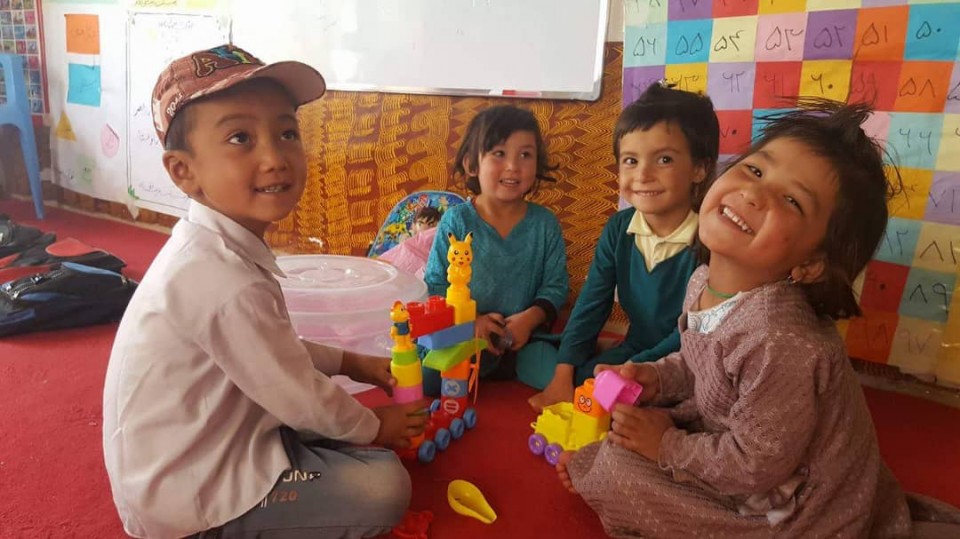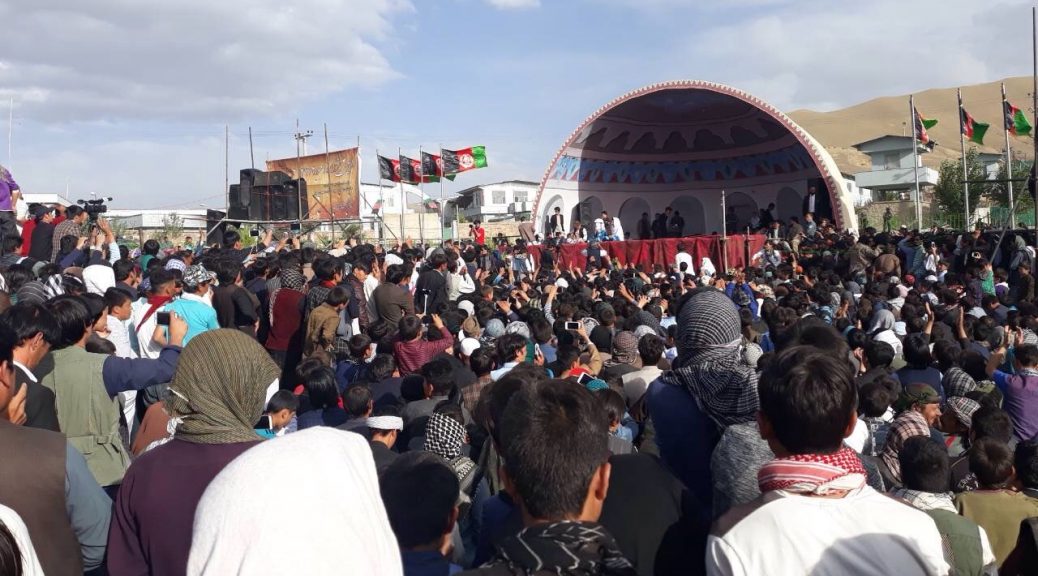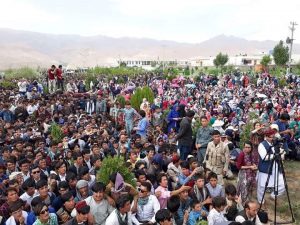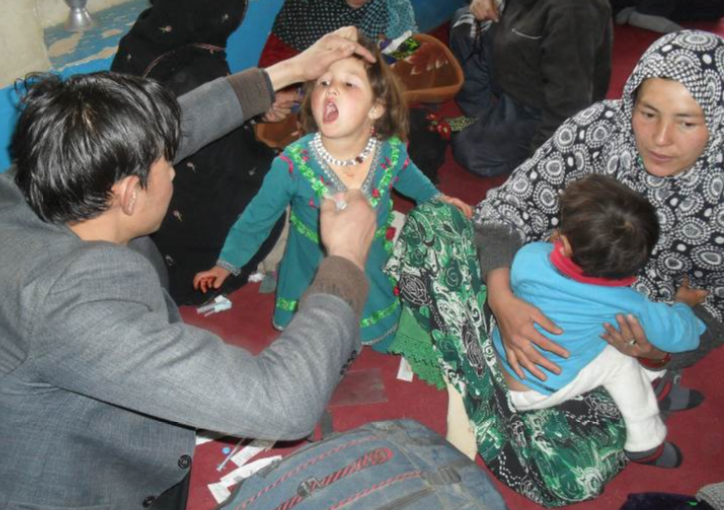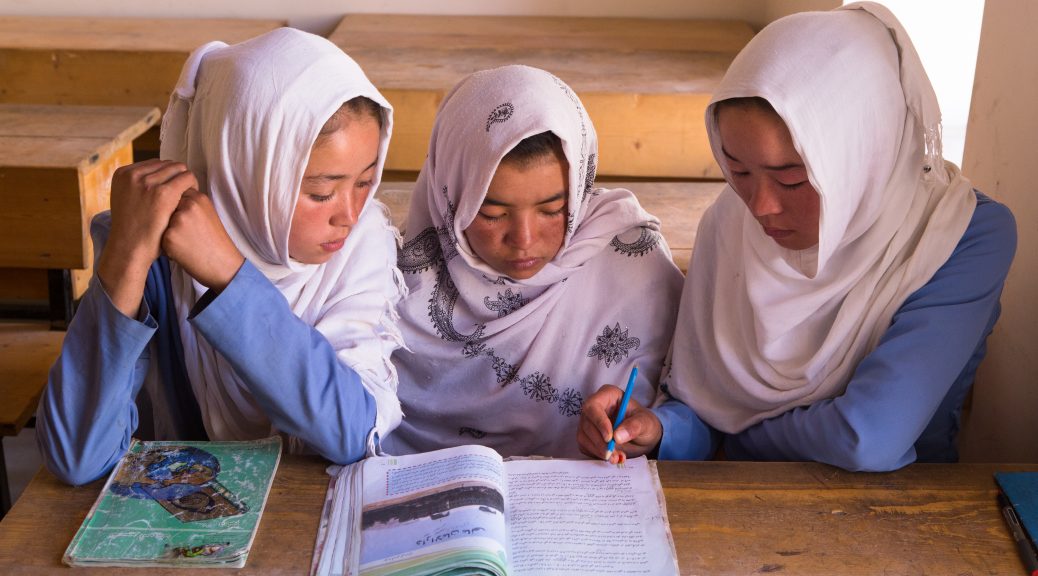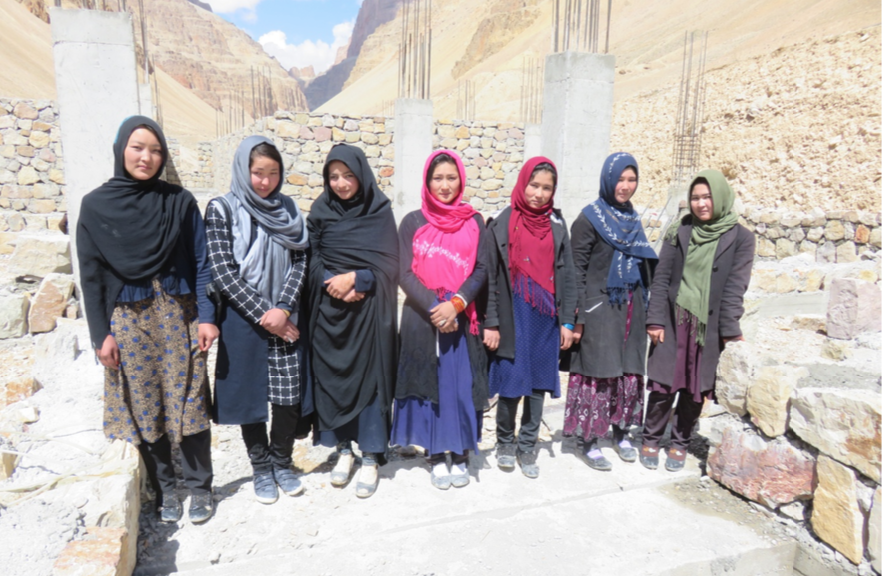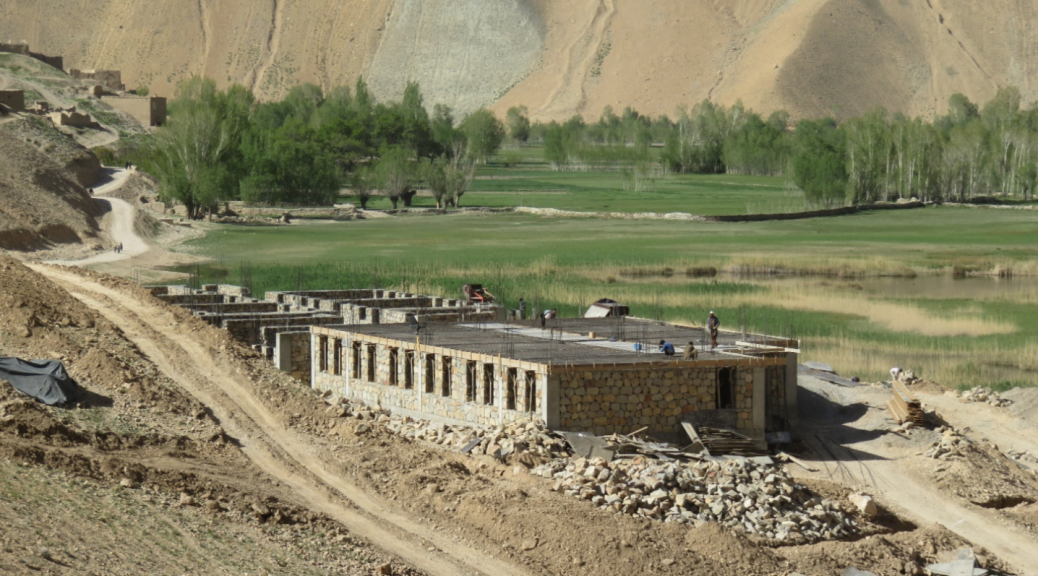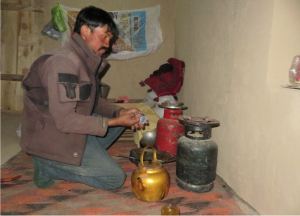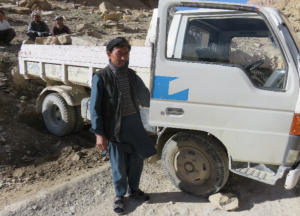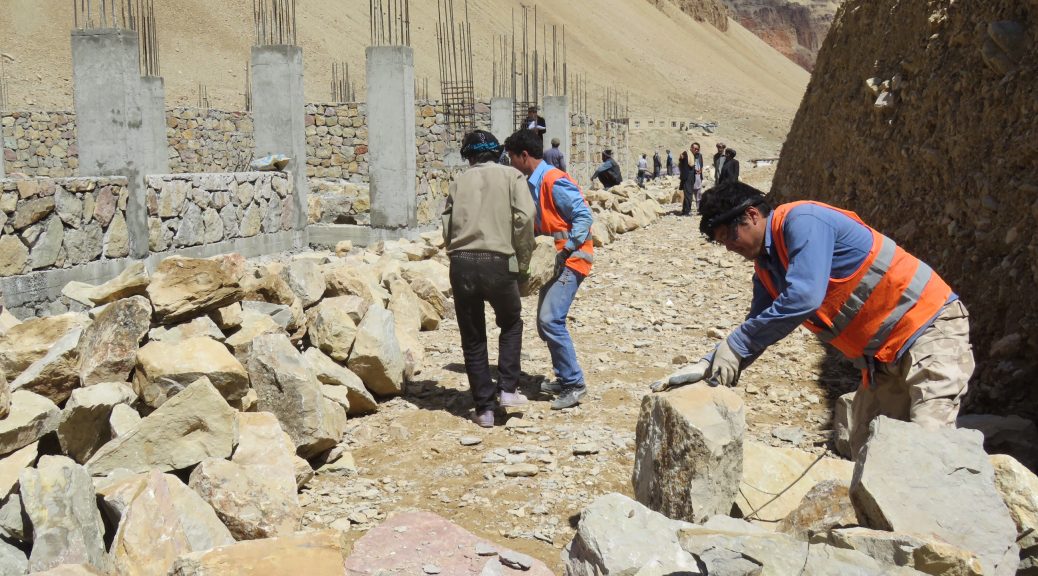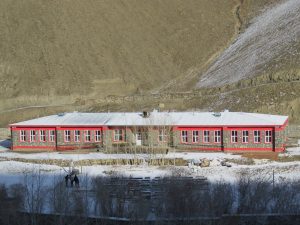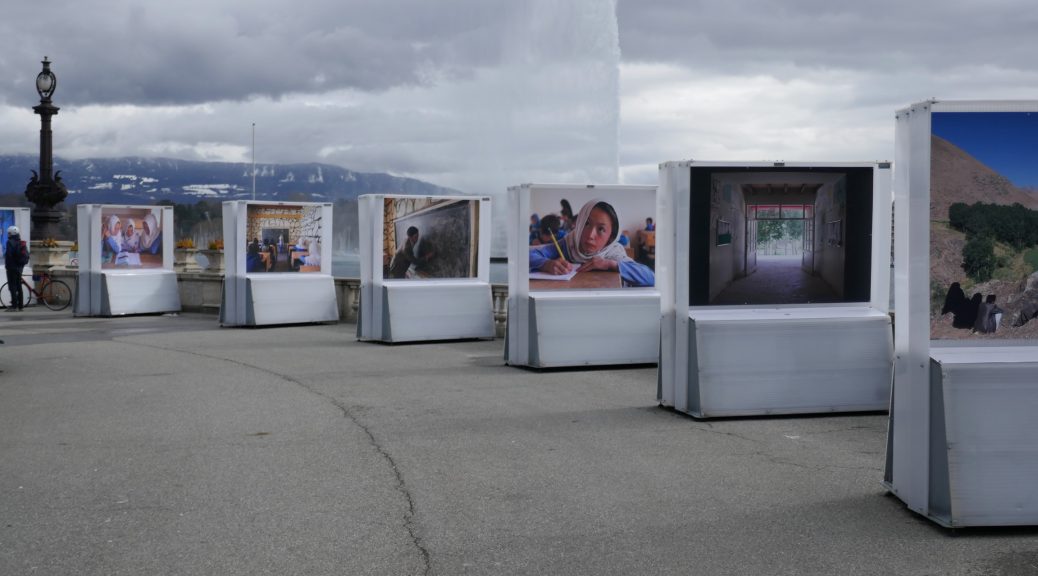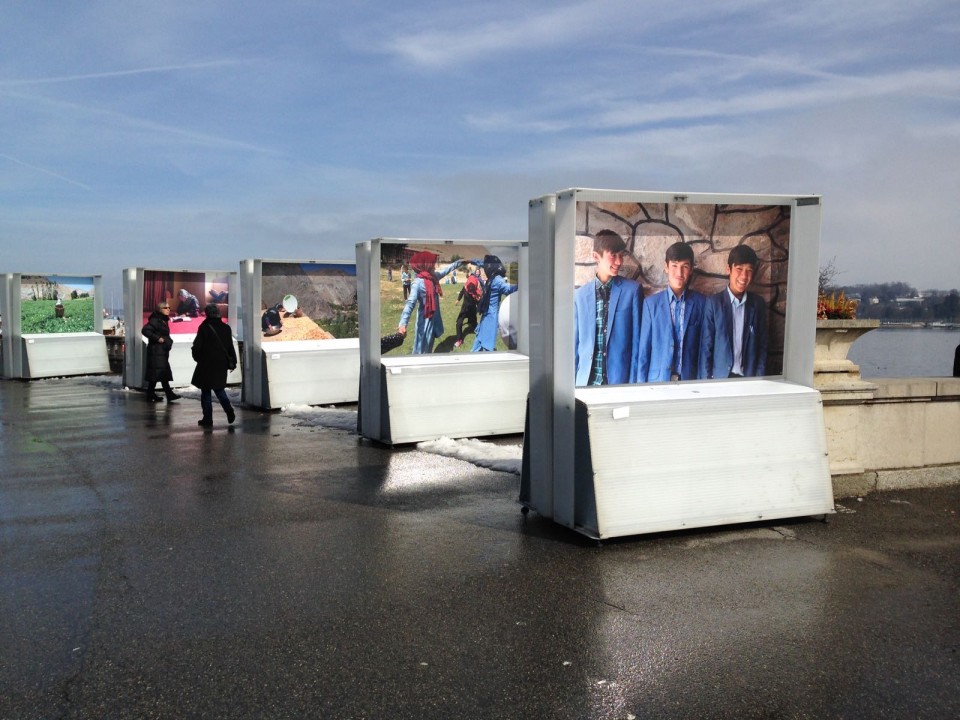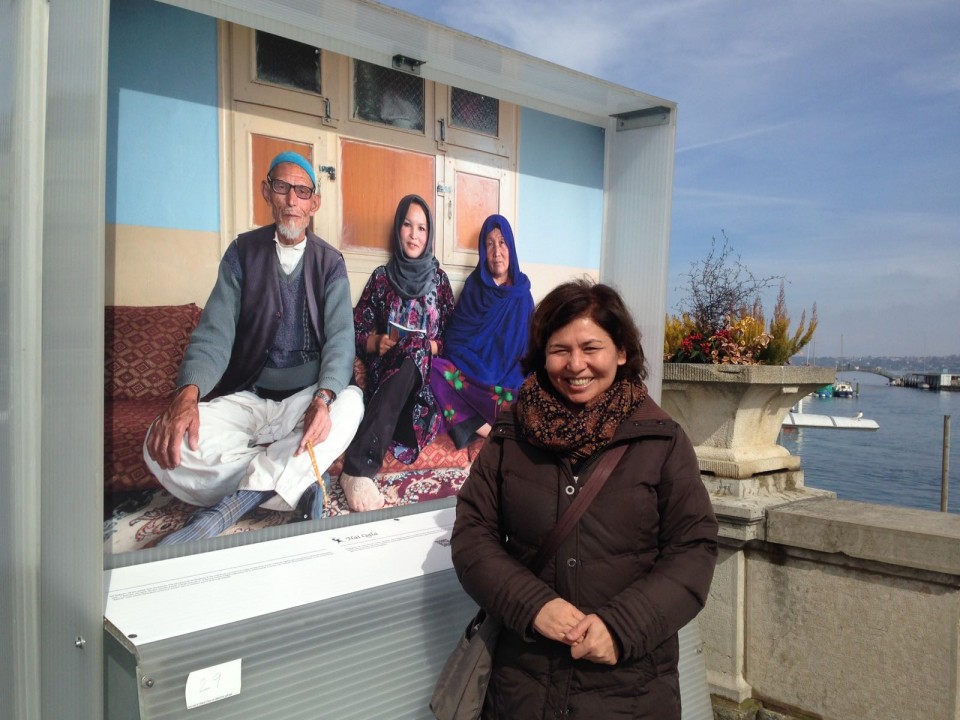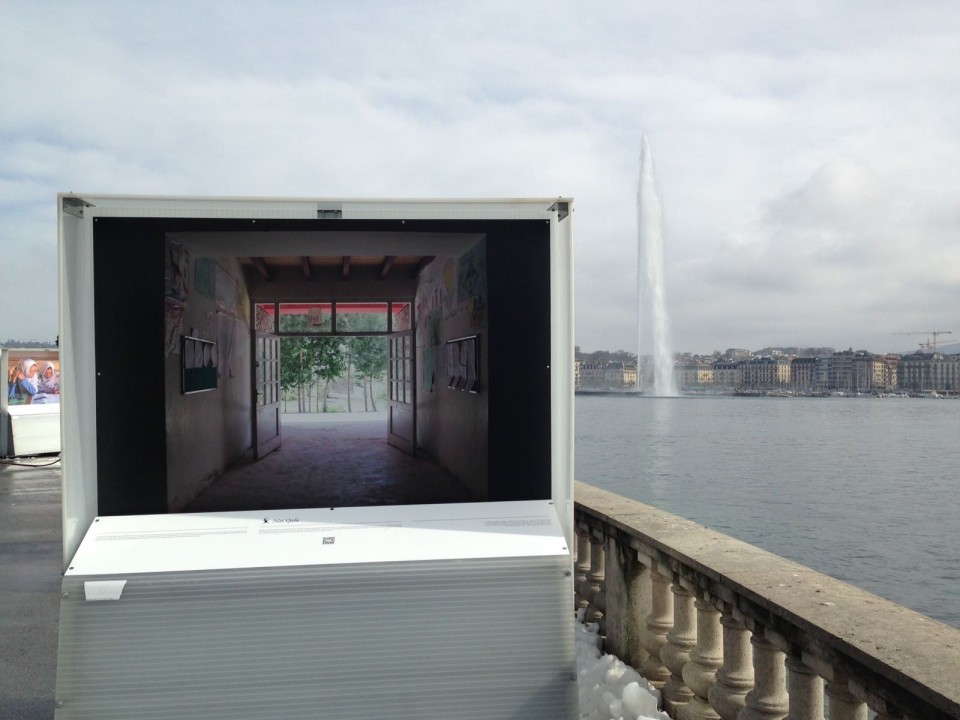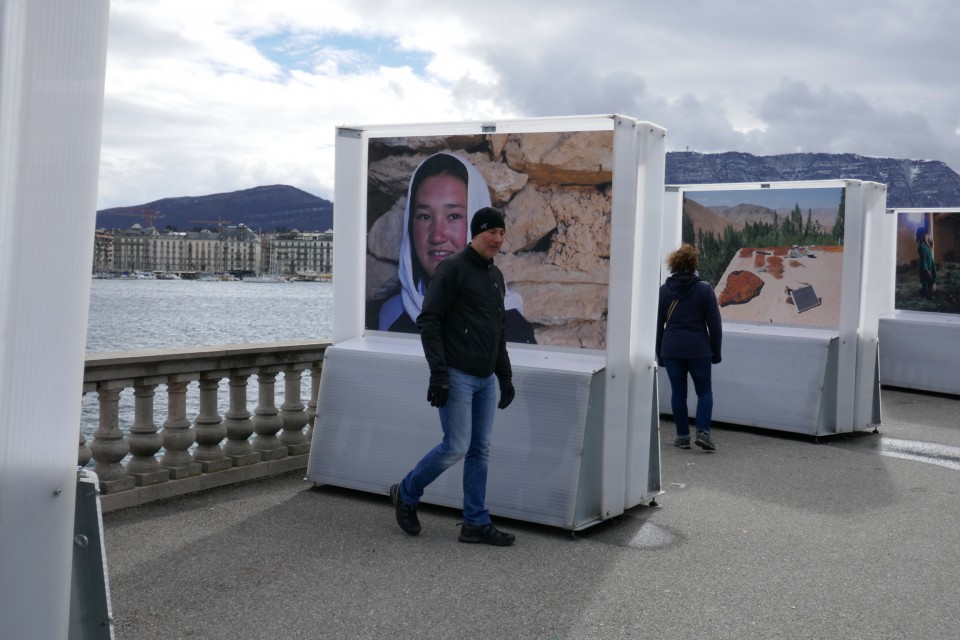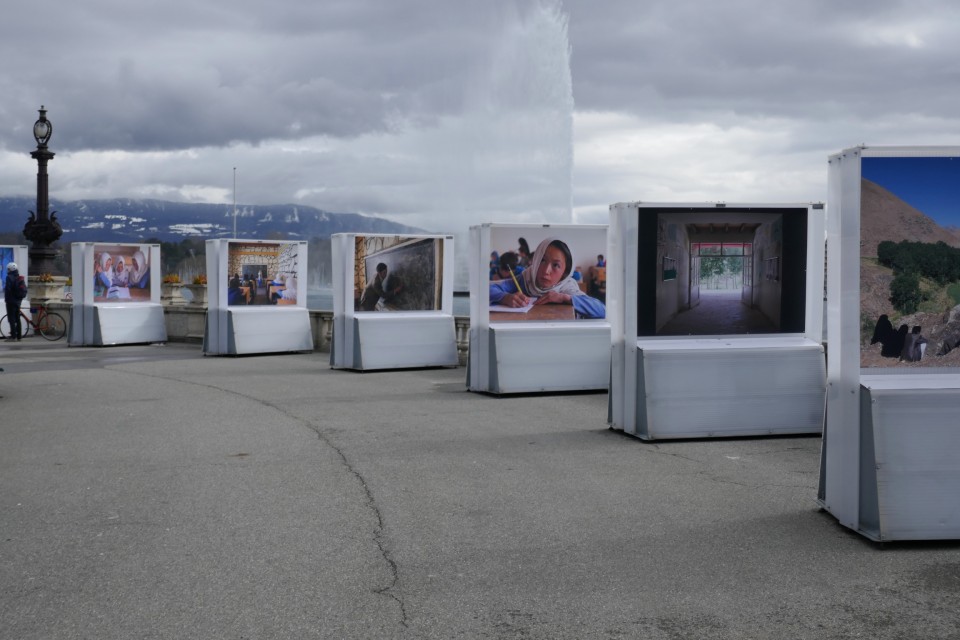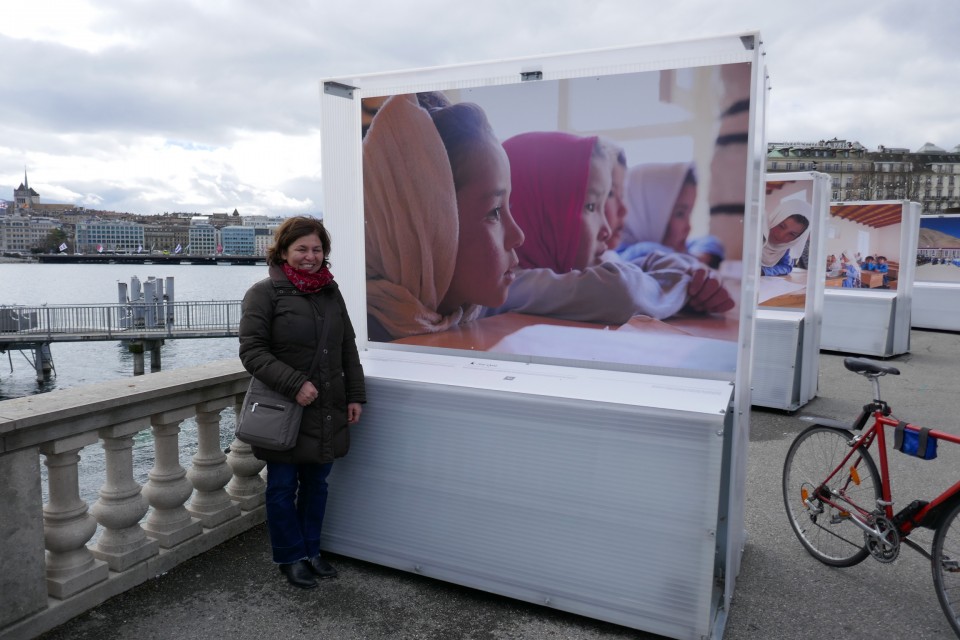In Afghanistan, pre-primary teacher training is provided by NGOs
Although pre-primary education in Afghanistan is part of the national education plan, there is still no formal training for teachers and government support for early childhood education remains rather limited. As a result, non-governmental organizations take over the training of hundreds of teachers each year and/or set up pre-primary education programs.
Among the NGOs active in the field, the Aga Khan Foundation has several years’ experience in early childhood development in Afghanistan and other parts of the world; it also supports the government of Afghanistan to develop early childhood development policy, preschool curriculum and textbooks. Through its global network, it has established its own early childhood development methods and trains hundreds of teachers every year. When Nai Qala’s early childhood education project was launched in 2017, the Aga Khan Foundation had provided training for two of the future female educators.
In the spring of 2018, Nai Qala extended its project to 7 new classes and recruited about 10 new teachers. The training of young women was entrusted to an “old” member of the project, Khatira, who organized a training seminar based on the pedagogical concepts acquired during her own training, and enriched by her experience. The teaching method for kindergarten classes is child-centered, uses group work and makes extensive use of flash cards: the small cards that every student has used at least once in his or her life when revising… For the youngest, a word is written on one side and represented by a drawing on the other. Khatira also follows up with new teachers once a week in their respective classes and invites them to observe the progress of her class from time to time. Teachers are aware that children’s interests and abilities vary considerably at the preschool level and that, as a result, individual and group activities are planned to meet children’s needs and promote the development of cognitive, language, social, emotional and physical skills. In preschool classes, opportunities for children’s creative exploration are balanced with teacher guidance during more structured teaching and learning activities.
In order to complete the pedagogical training of pre-school teachers, Nai Qala has also organized a first aid course for some educators, in partnership with the non-governmental organization JRS (Jesuit Refugee Service), in order for them to acquire the right reflexes, especially when caring for young children. Four young ladies went to Kabul to learn how to stop a hemorrhage, treat a burn, put on a splint or bandage. This course, designed and taught by a retired Swiss nurse, was very much appreciated and the young women who participated were given the task of transmitting the newly acquired knowledge not only to their colleagues who stayed at home, but also to the parents of their young students.
The Afghan National Strategic Education Plan 2017-2021 foresees a new specialized diploma in early childhood development and primary education; unfortunately, due to lack of resources, the curriculum is not yet in place today. However, such an objective is the recognition of the role that teachers with specialized teaching and development skills, and good understanding can have a positive impact on the dropout rate and ensure solid learning for children in the lower primary cycle. Until a formal teacher training program is in place, NGOs play an important role in transmitting pedagogical concepts and addressing cross-cutting issues such as health, the environment and gender equality.

